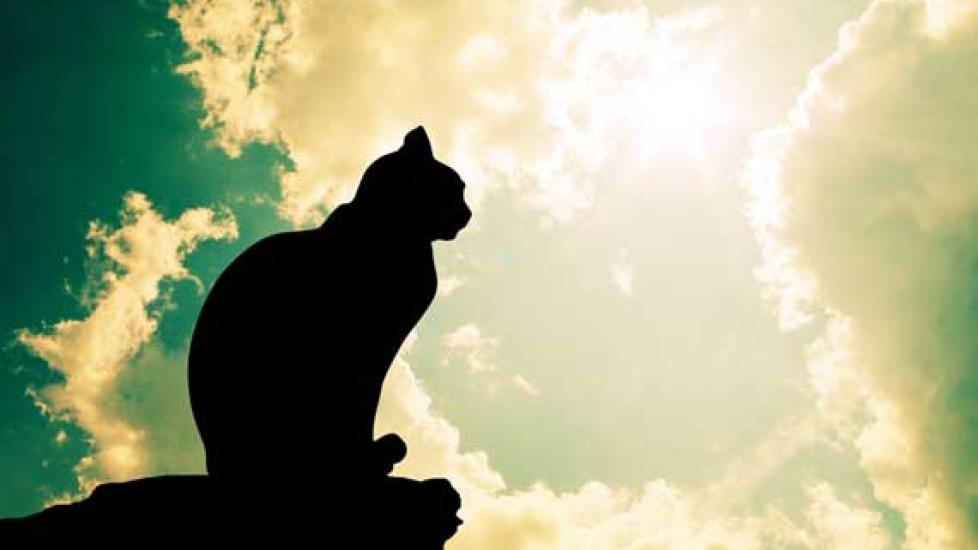Dealing with the Loss of a Pet
Most of us realize that today’s date of September 11 has special significance. It’s the date when our entire world changed in 2001, when terrorists intruded on our normal lives, causing chaos, destruction, and a massive loss of life. Naturally, those who lost loved ones in the attacks grieved the most, but there’s no doubt that the entire nation grieved that day and for a long time afterward.
The loss of a pet is an entirely different proposition. But I thought, in light of the grief surrounding September 11, it is a good time to also talk about the grief that pet owners experience at the loss of a pet.
Grief is a natural response to the loss of a loved one. Since most of us love and cherish our pets, it’s natural to grieve when we lose that pet. The process is the same, regardless of the reason for the loss. There are various stages of grief and we go through those stages when we lose a four-legged friend just as we do when we lose a two-legged friend or family member.
The stages vary depending on the source but often include the following:
- Denial and isolation
- Anger
- Bargaining
- Depression
- Acceptance
These stages are not absolute and each person may experience them differently and/or may slide back and forth between the various stages.
One of the things that grieving pet owners often have to deal with is the reaction of those around them to their grief. People who are not necessarily pet lovers may not understand the grief is real. This very rarely happens when the lost loved one is a human but is not uncommon when the bereaved has lost a pet. There may be that sense of “It’s just a pet” that you’ll receive from some people. It helps to surround yourself with those who do understand the bond we have with our pets. These people are more likely to be understanding and sympathetic. They are more likely to be able and willing to comfort you when needed and help you through the hard times.
Grief takes time to work through. Everyone is different. Where one person may reach the stage of acceptance within a relatively short period of time, another may take much longer, or may never actually reach that stage. There’s no right or wrong way to grieve. You need to do what is right for you. One thing you should not do though is feel guilty or ashamed about grieving. It’s a natural process and something we all go through at one time or another. It’s important to allow yourself to grieve.
Make sure you look out for yourself and your own health while you grieve. Grief is a draining process, both physically and emotionally. Be sure you’re eating right, getting plenty of sleep, and exercising as appropriate. Otherwise, you’ll only end up making yourself sick and your grief worse.
Pets grieve for each other also, just like we do. If you have other pets at home, you may notice a change in their behavior as they work through their grief. When my cat Ebony became ill, I started noticing urine spots on the bed. I just assumed it was Ebony until he left us and the urine spots continued. I realized at that point it was Lilly, who was perfectly healthy otherwise, who was leaving the spots. She was obviously trying to find a way to work through her own grief and the stress associated with it. When cats become stressed, inappropriate urination is often one of their responses. Understanding this, I simply gave her some time. About a week following Ebony’s loss, the behavior stopped completely and she returned to religiously using the litter box.
If your remaining pet is grieving, don’t punish him for any abnormal or unusual behaviors. After all, you wouldn’t want to be punished for your grief. You pet shouldn’t have to deal with that either. Do provide a little extra attention and support. Your pet will appreciate it.
I hope none of you have to go through the grieving process associated with losing a pet. Still, death is a part of life and, because our pets typically have shorter life spans than we do, the loss of that pet eventually is something that accompanies pet ownership. Very seldom do our beloved pets outlive us.

Dr. Lorie Huston
Image: djgis / Shutterstock
